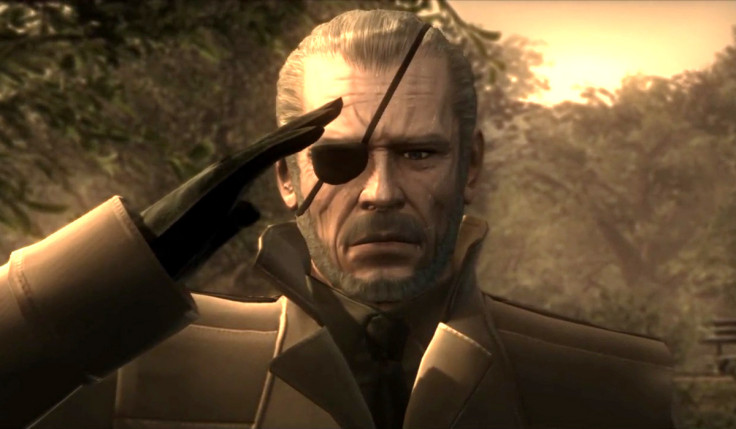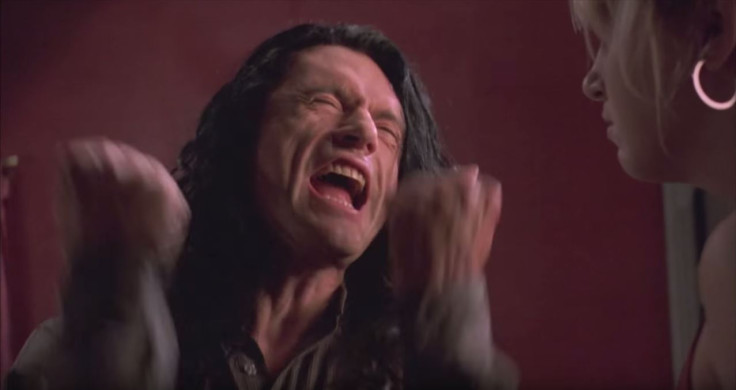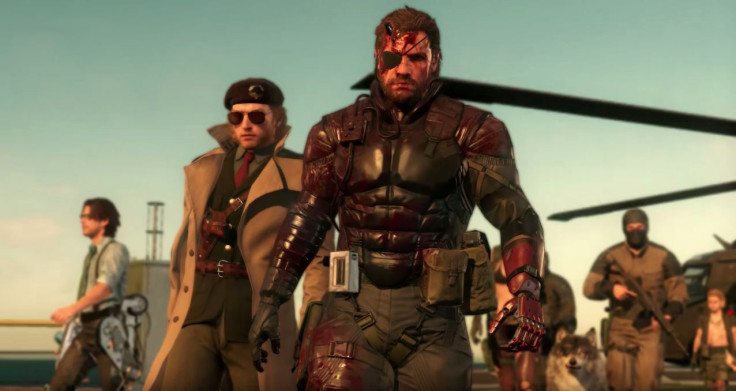Metal Gear Solid 5: It is time to admit Hideo Kojima is a terrible writer

For being wacky, strange and indulging in smug, post-modern humour, Hideo Kojima is lauded in the gaming industry as a pioneer. But he's a terrible writer. For every rehashed philosophical ponder he airlifts into his scripts, there's a convoluted plot-line, reams of sexist rubbish, a twist just for the sake of having one.
Play the Metal Gear Solid series 10 times then sit down and try to recount, in detail, the story. Try to explain the contradictions and the myriad non-sequiturs. Attempt to describe, with a straight face, the fact that in Metal Gear Solid 2 Revolver Ocelot's mind is controlled by a grafted-on arm, but then in Metal Gear Solid 4 it's explained that actually he'd hypnotised himself to make it look like the arm was in control of his mind, so that government spies wouldn't think he was a threat.
Tell me about how, in the last five minutes of Metal Gear Solid, the colonel pops up on the radio to say everything – the entire terrorist action – was the American Secretary of Defence "acting alone," and how that plot thread is never mentioned in the series again. Look at the bloke who craps his pants in every single game. Imbibe the 90-minute cutscene between the third and fourth acts of MGS 4. Witness the gratuitous shots of the dying Beauty and the Beast members, clad in skin-tight latex.
It's just... garbage. Hideo Kojima's writing and direction are so utterly, utterly bad that they bely authentic criticism – dismantling his work, page by page, feels like trying to apply Kantian or Brechtian theory to Tommy Wiseau's The Room. But at least with The Room you can sit back and laugh. You can enjoy that film as a weird, fun corner of film-making.

Kojima is our Lord and Saviour. Hungry for auteurs – starved of anything resembling personality or idiosyncrasy – the gaming industry has elevated Kojima to the status of a leading light. We praise him in our own defence. To make Metal Gear Solid and, by proxy, video games in general seem more than they are, we take sexism, stupidity, plagiarism and trash and rebrand them stylish, personal, homage and Japanese. We incrementally and imperceptibly lower the bar for this already struggling culture.
Metal Gear Solid 4 is the worst of them, and the most poorly written game I've ever played. Every narrative strand is undone by a ludicrous plot twist, executed only in the name of a masturbatory flourish. Every exchange between characters is impenetrable and turgid – at best, the dialogue is a hamstrung emulation of Hollywood films. Kojima drops token references to 2001, The Great Escape and the Bond series, seemingly to fool us into believing his work is on par with that of his influencers. Or perhaps we're supposed to say he's a kind of cultural disc jockey, blending chunks of movies, books and TV shows to create his own remix. But it's all just empty copying.
Kojima doesn't seem to have grasped the nuance of anything he's ever seen or read, just the characters' names and a few of the cool action bits. So when Snake and Otacon go back and forth on the question of individuality versus conformity, or discuss society's susceptibility to received information, it's all shoehorned in, cribbed from some book and dropped wholesale into a monologue. It's obvious. It's bland. It's brute force philosophising over sophomoric questions. And it comes from a guy who posts on Twitter about how his eggs benedict look like boobies.

Could Metal Gear Solid 5: The Phantom Pain be any better? If Kojima stopped deleting every single plot strand with a needless twist, if he let go of jargon, if he had the moxie to kill characters off instead of bringing them back like Eva, Big Boss, Major Zero, Vamp and Naomi, and if he stopped approaching women like a kid looking at candy in the window, then maybe. But that feels like asking a shark to share its dinner.
Seeking vicarious validation – if the industry we write about is run by artists, we are critics of art – the gaming press has let Hideo Kojima go consistently unchallenged. He has no reason to make his work better. We seem to either gobble it down without tasting or season it with desperate praise until it becomes palatable.
Play Metal Gear Solid 4 again. Watch the scene where Johnny tells Meryl he loves her while fighting off the Outer Haven troops, or the wedding sequence at the end, or the epilogue where Big Boss returns to try and explain the entire series' plot. If that is what good writing in video games looks like – if that's what we're prepared to lend even the slightest amount of credibility, or mitigated praise - then games are in a very, very unfortunate state, one that even the greatest sequel ever made would struggle to rectify.
For all the latest video game news follow us on Twitter @IBTGamesUK.
© Copyright IBTimes 2025. All rights reserved.





















